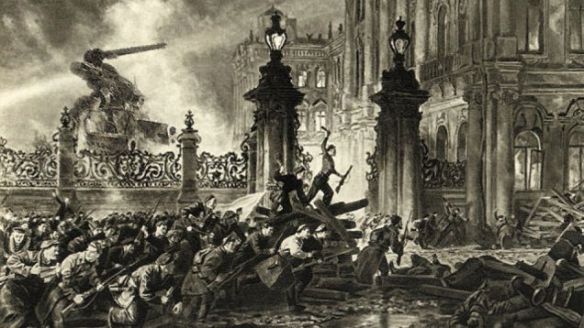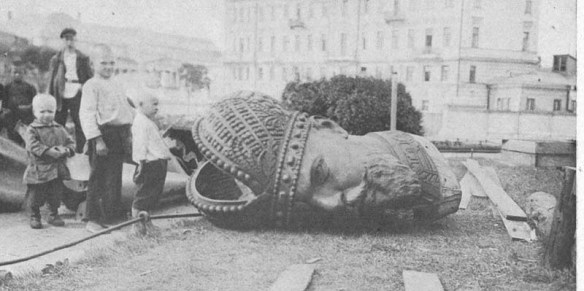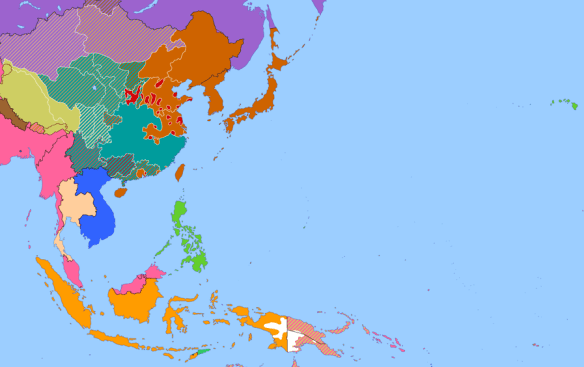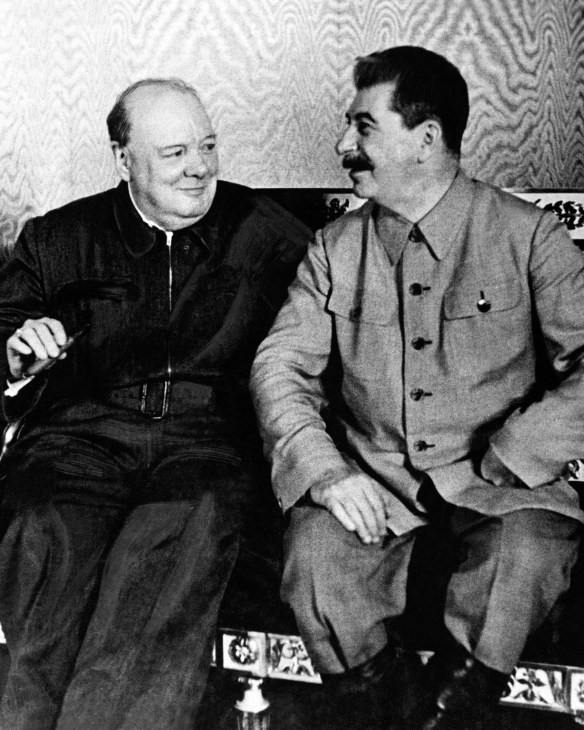Having achieved ascendancy over his rivals, Stalin embarked Russia on a colossal programme of industrial growth and social transformation – a second revolution, but this time directed from above by the power of the Soviet state. Continue reading
Edexcel AS exam revision – Stalin’s rise to power 1924-29
The main question that you need to be able to write about on this topic is simply: why did Stalin win the power struggle that followed the incapacitation and death of Lenin? Continue reading
Edexcel AS exam revision – Bolshevik consolidation of power 1917-24
When the Bolsheviks “came to power” in October 1917 it was by no means obvious that they would survive. Having proclaimed the new era of Soviet power and socialist revolution, the writ of the new regime barely operated outside the major cities and it faced the basic challenge of either establishing control over the existing machinery of government, or creating a new one. Continue reading
Edexcel AS exam revision – the October Revolution
The October Revolution is the pivotal event of 20th century history, let alone this exam course; approximately 50% of past papers contain a question about this seminal event. Continue reading
Edexcel AS exam revision – the February Revolution and the fall of Tsarism
The fall of the Tsarist regime in 1917 is a pivotal moment in this course – all the previous developments since 1881 can be seen to have led up to this event. It is thus a little surprising that the examiners have not set many questions on this topic. Continue reading
Edexcel AS exam revision – the survival of Tsarism 1881-1914
Another popular area with the examiners is the question of why the Tsarist regime was able to survive in the decades before the First World War, often coupled with the weakness and divided nature of the opposition movements.
Edexcel AS exam revision – reform in Tsarist Russia 1881-1914
Questions about the extent of reform in late Tsarist Russia have often been set by the examiners. Copyright restrictions prohibit me from listing the actual questions here, but you can find them out for yourselves by following the process outlined here.
These questions ask variously about “change”, “modification”, “reform” or “transformation” – more or less the same, in terms of the issues you are required to write about. Continue reading
The Second World War – A War for Empire (4)
In Greece, the British state’s primary aim was to hold the country within the imperialist camp after the defeat of fascism. This meant denying support to the Greek popular resistance movement and ultimately collaborating with pro-fascist elements of Greek society to suppress it with armed force. The Atlantic Charter’s proclaimed “respect [for] the right of all peoples to choose the form of government under which they will live” was trumped by the goals of imperialism and by the secret deal between Churchill and Stalin to carve up post-war Europe.
In Asia the war followed a similar pattern. Continue reading
The Second World War – A War for Empire (3)
The most explicit piece of evidence that the liberation of Europe was not an Allied war aim comes from the infamous “percentages agreement” between Churchill and Stalin, a deal struck at the Moscow Conference of 1944. Continue reading
The Second World War – A War for Empire (2)
It is obvious that the war fought by the Axis powers – Germany, Italy, Japan – was an extraordinarily and unprecedentedly savage war of imperial conquest and enslavement. And conversely, according to the “good war” myth, their adversaries – primarily Britain, the USA, the USSR – were therefore fighting:
- a war of self-defence
- a war for liberation
- a war for democracy
- a war against fascism, racism and genocide




